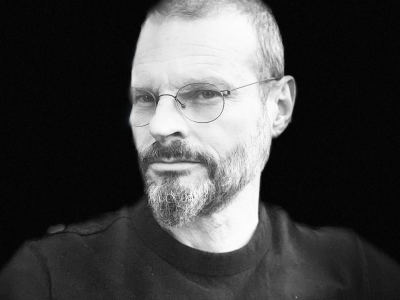SCOPE+i: evolving practices in research assessment

Clifford Tatum, Center for Science and Technology
Studies, Leiden University
In today’s climate of strong momentum for Responsible Research Assessment (RRA)—with numerous initiatives, declarations, and commitments—the challenge remains: how can we effect meaningful change across the diverse landscape of academic research? And in what ways can infrastructure support new assessment practices while respecting the specific contexts in which they take place? These questions are at the heart of the SCOPE+i Framework, which was developed to provide practical and flexible means of supporting assessment reform in ways that remain consistent with institutional values and disciplinary diversity.
The development of SCOPE+i began with the recognition that the RRA landscape is already populated by many initiatives and projects. Rather than introducing yet another framework, the project team decided to build on the established SCOPE Framework created by INORMS, which has gained international recognition as a guiding model for research evaluation. The decision to extend rather than create a competing framework reflects a commitment to continuity, community uptake, and long-term sustainability. The outcome of this work is expressed simply as: SCOPE + infrastructure = SCOPE+i Framework.
The SCOPE+i Framework is designed to support the transition to RRA while also opening up the assessment process itself. It brings together two complementary components: (1) process resources and (2) digital services. Together, these components provide the flexibility needed to plan and conduct RRA across highly diverse contexts, while also delivering practical support for managing the inherent complexities of assessment reform.
Process resources provide actionable means for operationalising the transition to RRA. Offered in the form of templates, guides, and checklists, they help institutions and communities to articulate values, document purposes, and plan context-sensitive assessments. These resources are particularly important for the early stages of assessment design, where qualitative inputs—such as values statements, stakeholder mapping, and readiness self-assessments—set the foundation for meaningful evaluation.
Digital services extend these resources into practice by aligning with modern interoperability standards for research information systems. The two services are: Openness Profile, which functions as a portfolio for making visible a wide range of contributions to Open Science, and Assessment Protocol Portfolio, which supports the full lifecycle of an assessment event, from planning through documentation to archiving. Both services are delivered through the GraspOS Open Infrastructure, ensuring integration with the broader European Open Science Cloud (EOSC) ecosystem.
This presentation will introduce the SCOPE+i Framework and outline how its resources and services can help open up the research assessment process, enabling more inclusive recognition of diverse research contributions. By combining process guidance with digital infrastructure, SCOPE+i offers a flexible and transparent pathway for implementing responsible assessment in practices.
Clifford Tatum is a researcher at CWTS, Leiden University, working in the social studies of science, with particular focus on Open Science in the context of Responsible Research Assessment. He is leading the development of the ’SCOPE+I Framework' in the GraspOS (Horizon Europe) project; and co-leading the CoARA working group: Towards Open Infrastructures for Responsible Research Assessment.
Clifford is a member of the CWTS focal areas Information & Openness and Evaluation & Culture, and an Advisor for the Innovation Team at SURF (collaborative IT for Dutch education and research), focused on Open Research Information, with particular focus on Persistent Identifiers (PIDs). He is leading the development of the EOSC RAiD service in the FAIRCORE4EOSC (Horizon Europe) project. He is also a member of the (ARDC) RAiD advisory group, and a member of the steering committee for PIDfest 2026.
